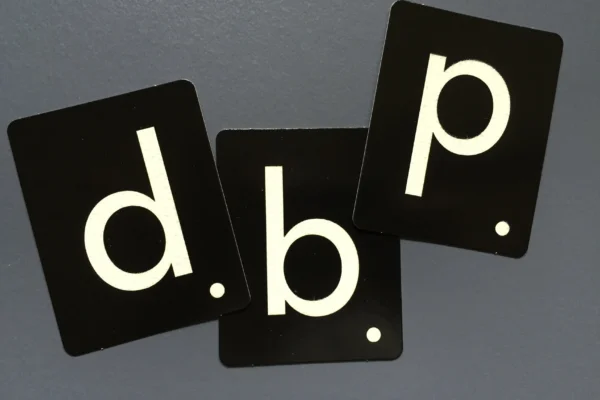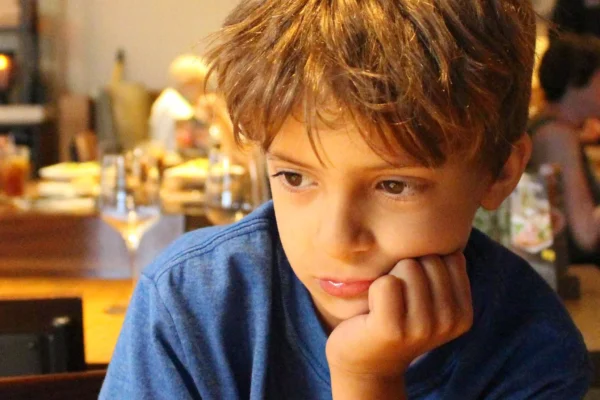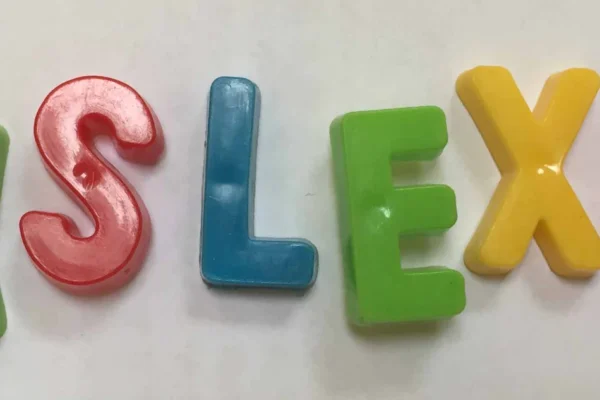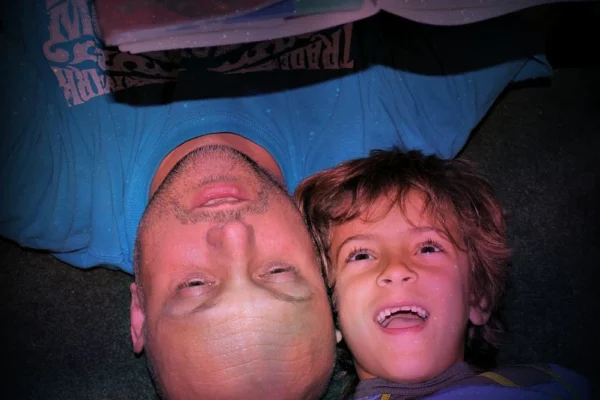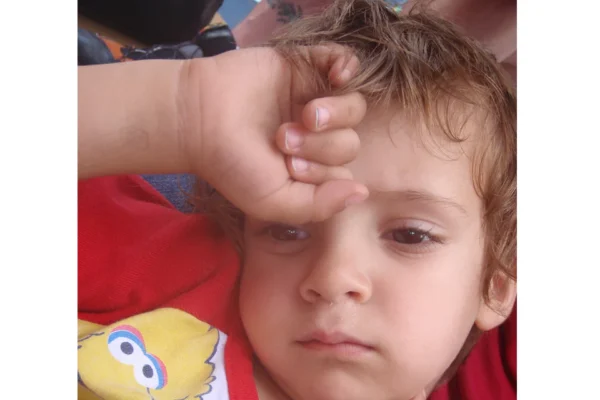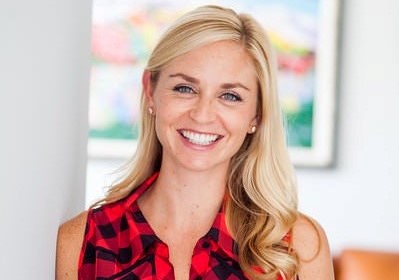
I had the pleasure to meet Jess Hopkins in a Positive Parenting Event. Her seminar created a lot of constructive discussions in our household around how we can support both of our children, dyslexic or not, in the cut-throat academic life ahead of them and beyond. Her presentation not only drew my attention to topics that we have already put on our list of “Learn-More-About” but never really got around to actually Learn-And-Apply in our busy lives, but also gave us easy to apply tools to begin implementing self-compassion in our daily lives immediately.
Jess is a twice-certified Life Coach, holding dual masters degrees in Counseling Psychology and Applied Positive Psychology from University of Pennsylvania. As a coach, she support her clients, mainly teens and young adults ages 13-30, and their parents, in maximizing both their potential and well-being. She has a background in counseling psychology and positive psychology, so she supports my work as a coach with evidence-based positive interventions.
Here is my interview with her. Hope you benefit from this it as much as our family did.

1. Jess, you are a Millennial Life Coach. Can you explain to us what that means?
In a nutshell, I aim to help my clients in bridging the gap between where they are today and where they truly want to be. I work in a variety of capacities (private 1 on 1 coaching, speaking to groups, facilitation workshops, etc.) but my goal is always twofold. First, I support my clients in deepening their self-awareness around things like self-defeating patterns and behaviors so they can identify areas for growth. I also work to deepen awareness around things like core values and innate strengths so my clients can capitalize on what’s already working and make self-honoring choices in the face of everyday challenges. Second, I offer my clients tangible tools and strategies to attack their biggest challenges– because at the end of the day, insight without action is useless.
2. What are the challenges that you see in your practice for children and young adults that hinder their emotional well-being?
The biggest challenge I see in kids and young adults (whether or not they have learning differences to be honest) is believing that they are “enough” exactly as they are, while living in a culture that demands perfection and over-achievement. We all have that little voice inside, commonly referred to as the inner critic, that says “you’re not ____ enough.” We all have a personal narrative that fills in that blank (not cool enough, smart enough, skinny enough, etc.) and when we get hooked by that kind of self-defeating thinking, we get paralyzed. And because our thoughts directly impact how we feel and behave, the way we think is critically important to our well-being. Self-doubt and self-criticism can be extremely damaging, but most of us fall prey to it without even realizing it’s happening. It has become our default to compare ourselves to others and despair when we don’t measure up. So the initial challenge is simply learning how to notice when we get caught up in the negative self-talk. The second challenge is making the self-honoring choice NOT to attach to that kind of thinking. We can’t control that thoughts come into our mind, but we can absolutely choose whether or not to attach to them.
3. High academic demand and pressure can be overwhelming for any student, especially for a dyslexic student. What are your recommendations for students to not only survive but thrive emotionally in today’s academic world?
My rule of thumb is this: stay in your own lane, and go your own speed. It’s too easy to compare ourselves to what other people are doing and quickly get derailed with overwhelm. Ultimately, clarity of values is critically important to this conversation. A value is a way of being or believing that you hold most important in your life. When kids take the time to clarify their core values, they usually wind up with a list that has almost nothing to do with things like GPA or college acceptances. For example, I recently facilitated a values clarification exercise with a client who identified her core values as love, creativity and family. Does she want to be a successful student? Of course. But at the end of the day, she finds the deepest meaning and fulfillment in other ways. When we have that kind of clarity about what’s most important, we can check back in with those values any time we feel ourselves getting caught up in the “compare and despair” spin cycle, especially when it comes to academics.
Related Post
Search
Check Our
Books
As children learn to read, decodable books become an important part of the learning process.
Have A Question?
We’re happy to answer your inquiry to us.


